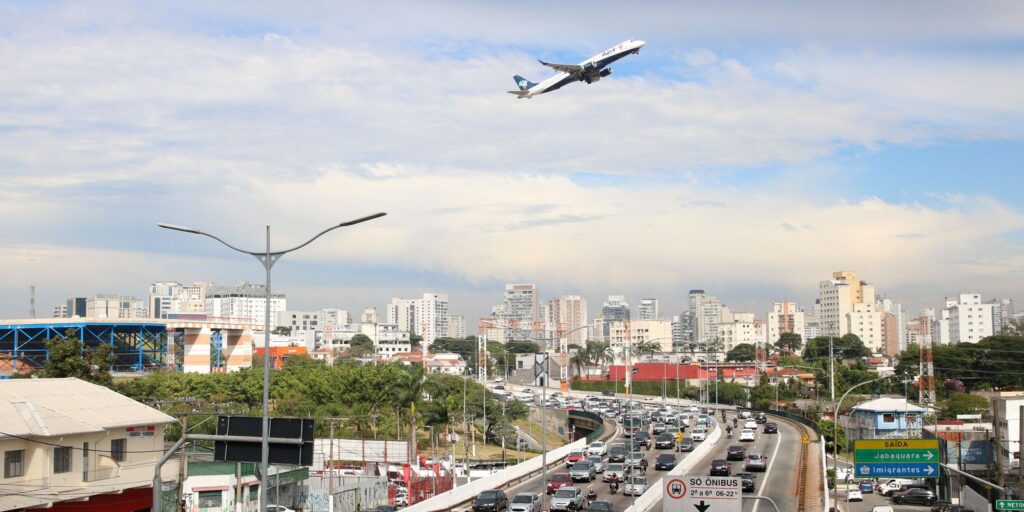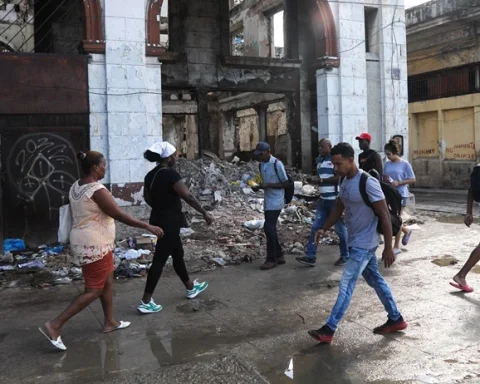July 4, 2022, 4:17 PM
July 4, 2022, 4:17 PM
Social and data scientists at the University of Chicago in the United States have developed an algorithm apparently capable of predicting crime in urban areas up to a week in advance and with an accuracy of around 90%, as detailed in a published study. in Nature Human Behavior.
The algorithm, which predicts crime by learning temporal and geographic patterns, divide cities into 1,000-square-meter tiles. The researchers used historical data on Chicago property and violent crime to test the model, which detects patterns over time in these mosaic zones and attempts to predict future events.
The study showed that it worked just as well with data from other big cities, such as Atlanta, Los Angeles and Philadelphia.
Although it seems like something out of a future similar to that of MinorityReport, the truth is that this is not the first attempt to create prediction models. For example, before the Olympics, the Tokyo police wanted to implement artificial intelligence (AI)-based technology to predict crimes before they happened.
Systemic Biases in Law Enforcement
However, according to the researchers, the new tool contrasts with other crime prediction models, since these – with an epidemic or seismic approach – consider that crime arises from “hot spots” that spread to other areas.
These approaches, the researchers add, ignore the complex social environment of cities and are also biased by the surveillance used by the state to enforce the law. Instead, the algorithm used analyzes previous crime reports taking into account many other factors.
For example, in a separate model, according to the University of Chicago press release, the research team studied police response to crime by looking at the number of arrests following incidents and comparing these rates between neighborhoods of different socioeconomic levels.
The researchers found that crimes in wealthier areas led to more arrests, while arrests in disadvantaged neighborhoods decreased. However, crime in poor neighborhoods did not result in more arrests, suggesting a bias in police response and law enforcement.
“What we see is that when you stress the system, it takes more resources to arrest more people in response to crime in a wealthy area and you move police resources away from areas of lower socioeconomic status,” said Ishanu Chattopadhyay, a professor Associate of Medicine at the University of Chicago and lead author of the study.
“It’s hard to argue that there’s no bias when people sit down and figure out what patterns they’re going to look at to predict crime, because these patterns, by themselves, don’t mean anything,” Chattopadhyay said. “But now, you can ask the algorithm complex questions like, ‘What happens to the violent crime rate if property crime goes up?'” he added.
Focus on inequalities and not on police prediction
Despite the new approach, not all experts agree with the use of this technology, and many have raised concerns.
Lawrence Sherman of the Cambridge Center for Evidence-Based Policing told New Scientist that he was concerned about the inclusion in the study of police data that depended on citizen complaints or crimes that the police go out looking for.
As reported Business Insider, Chattopadhyay agreed that this was a problem, and that his team had tried to explain it by excluding citizen-reported crime and police intervention.
For her part, Emily M. Bender, professor of linguistics at the University of Washington, He said in a series of tweets that the focus should be on targeting underlying inequalities rather than police prediction, while noting that the investigation appears to ignore investment fraud or environmental crime.
Chattopadhyay, who made the data and algorithm publicly available to increase scrutiny, hopes the results will be used for high-level policy making and not as a reactive tool for law enforcement.
“Ideally, if crime can be predicted or anticipated, the only answer is not to send in more officers or flood a particular community with security forces,” Chattopadhyay said. “If you can get ahead of crime, there are a lot of other things we could do to prevent those things from actually happening, so no one goes to jail, and it helps communities as a whole,” he concluded.
















